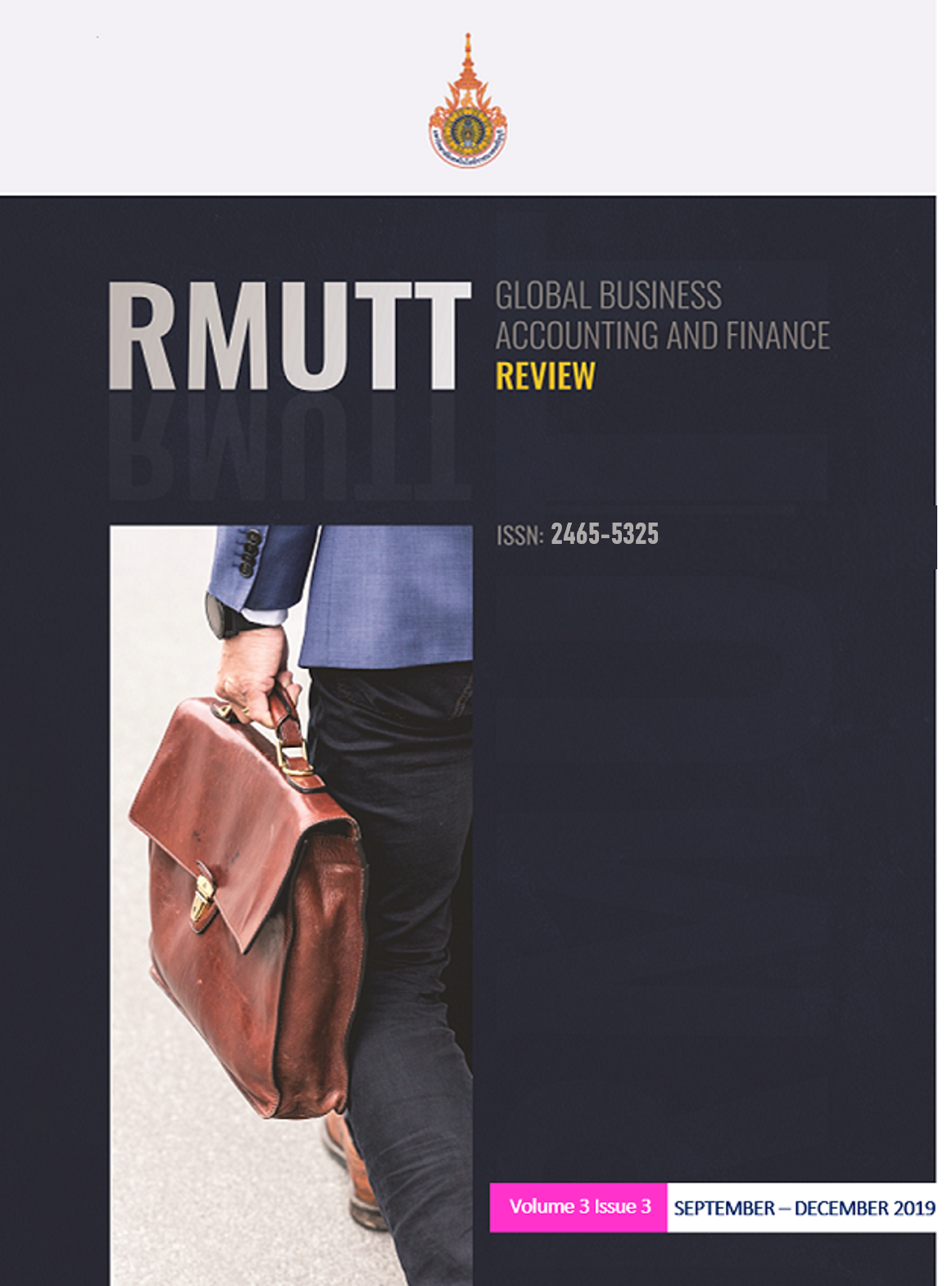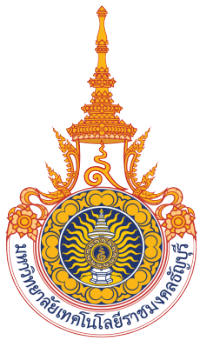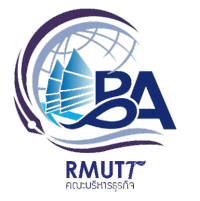ALTERNATIVE MEDICINE SERVICES: THE STUDY OF CHANGING NORMS FOR NEW HEALTHCARE OPTIONS FROM PAST TO PRESENT FOCUSING ON THAI CITIZENS IN CHANTHABURI PROVINCE
Keywords:
Alternative Medicine Services, Service Quality, HealthcareAbstract
This research aims to study the decisions of Chanthaburi citizens in opting for alternative medicine services. A questionnaire is used as a data collection tool with 400 samples from the overall population that undertook alternative medicine services in Chanthaburi. The researchers have applied descriptive statistics for population data while using inferential statistic for analysing the data includes independent sample t-test, One-way ANOVA and multiple regression analysis. The research has found that variables such as gender, occupation, and the exercise of rights to receive services at the hospital (the first location to use the rights) have differently affected the decision to use alternative medicine services. Moreover, perceived service quality in terms of tangibility of the services, reliability, responsiveness toward patients, confidence in the service standard and care & empathy for the patients has an effect on factors influencing the decisions to use alternative medicine services at the significant level as of 0.05. As a result, it is recommended that the practice units of alternative medicine services should place emphasis on building greater trust with patients to answer to the needs of this new generation’s healthcare trend that aims for a happy and healthy life through modern alternative medicine services.
References
Department of Thai Traditional and Alternative Medicine, Ministry of Public Health, (2011). Guideline for promoting good health and preventing illnesses with Thai Traditional and Alternative Medicine. Bangkok: The War Veterans Organization of Thailand Under Royal Patronage of His Majesty the King.
Cungsathiensup, K. & Tantipitaka, Y., (2007). Folk medicine system in rural Thailand: Thai health and culture. Nonthaburi: Social and Health Research Institute.
Namsaeng, C. & Towapangam, A., (2016). Assessment of Patients' Satisfaction in Thai Traditional Medicine Services at Government Hospitals, Udon Thani Province. KKU Research Journal. Graduate Studies, 16(1), 77-89.
Kasekarma, P., (2008). The Study and Development of Alternative Medicine Policy Program for Holistic Healthcare. Nonthaburi. Bureau of Policy and Planning, Ministry of Public Health.
National Institute of Development and Administration. (2015). The Decade Strategic Plan: Thai Traditional and Alternative Medicine 2016 – 2026. (photocopy document)
Suwanphong, N. et. al. (2017). Decision Making on the Utilization of Thai Traditional Medicine in General Hospital, Ratchaburi Province. Journal of Phrapokklao Nursing College, Chanthaburi, 28(2), 80-92.
Charuwanchai, P. & Jarinto, K. (2015). Characteristics of Alternative Medicine Patients in Public Hospitals. Journal of Graduate Studies Valaya Alongkorn Rajabhat University, 9(2), 73-84.
Thirachaisakul, M. et. al. (2015). The Survey of Thai and Alternative Medicine Services in Hospital under the jurisdiction of Ministry of Public Health Year 2014. Ministry of Public Health
Srinagarindra, R., (2015). The Perceived Service Quality of Gynaecological Patients in Sakon Nakhon Hospital. Master Thesis of Nursing, Department of Nursing Management, Faculty of Nursing, Burapha University.
Kamonpiyaphat, S., (2015). The Decision to Use Private Hospital in Bangkok. Business Administration Program, Graduate School, Bangkok University.
Noppakao, S. et. al. (2017). The predictors of self-care behaviours of the village public health volunteers based on Thai and alternative medicine in Phitsanulok. Health Science Research Journal,11(2). 1-10.









